Top 10 Largest Textile Economies in the World

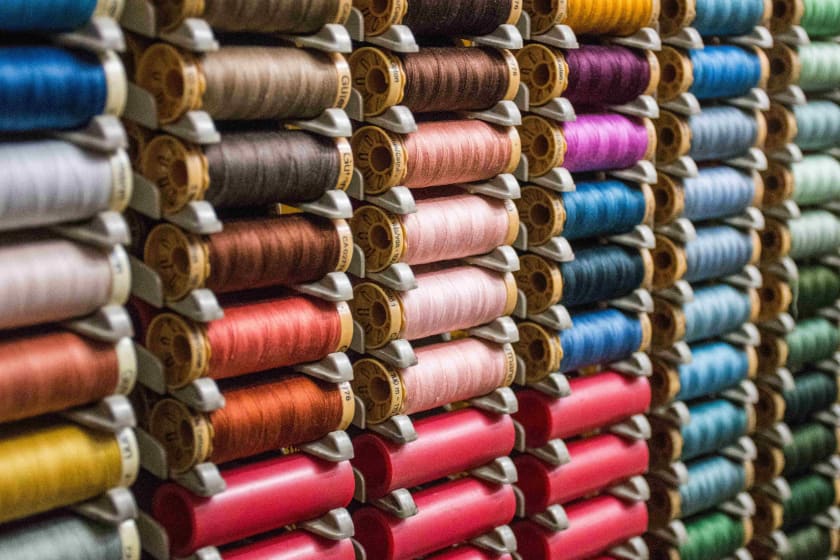

Summary – The largest economies in the world add textiles to their list of major exports. While these include international fashion hubs, small but powerful developed nations and agrarian countries add to the list. Read on for more.
Each Thread Counts
Since the times of the Silk Road, textiles have played a quiet but critical role in industries. Several economies have been built on textiles alone.
The Observatory of Economic Complexity published the following data on the top textile producers in the world in 2020.
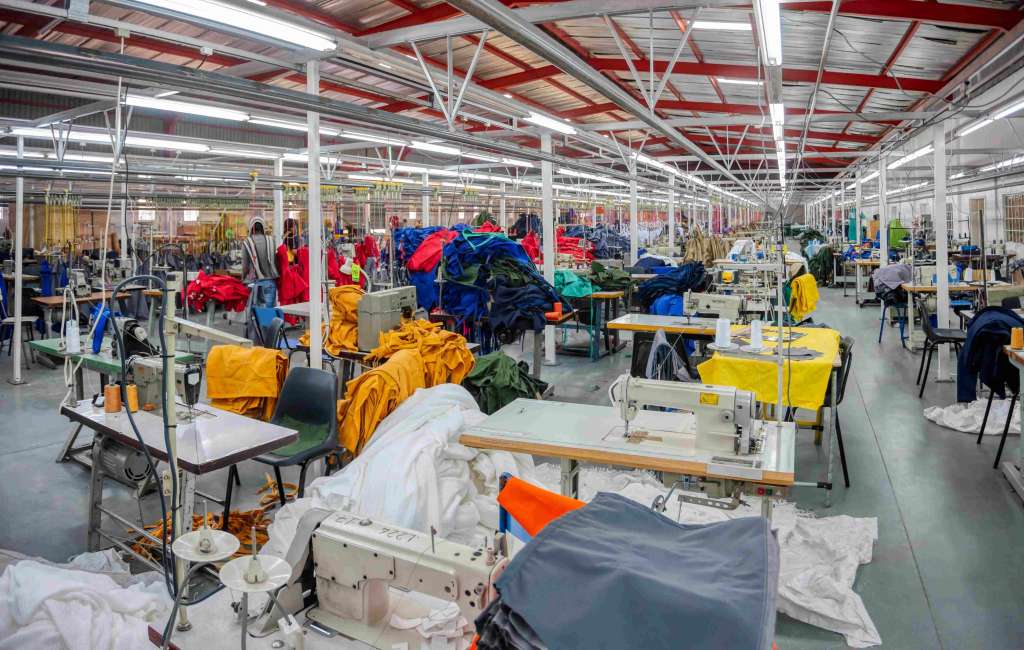
| Observatory of Economic Complexity (OEC) Textiles Data (2020) | |||
| Textile Exporters | |||
| Rank | Country | Export Value (in Billions) | Percentage |
| 1. | China | $276 | 35.6% |
| 2. | Vietnam | $38.9 | 5.03% |
| 3. | Bangladesh | $37.3 | 4.82% |
| 4. | Germany | $35.9 | 4.63% |
| 5. | India | $29.7 | 3.84% |
| 6. | Italy | $28.8 | 3.72% |
| 7. | Turkey | $28.5 | 3.69% |
| 8. | The United States | $22.1 | 2.86% |
| 9. | Spain | $15.5 | 2.01% |
| 10. | Netherlands | $15.3 | 1.98% |
| Note: Textiles include knit sweaters, light rubberized knitted fabric, house linens, non-knit men’s suits, knit T-shirts, non-knit women’s suits, synthetic filament yarn woven fabric, knit women’s suits, non-retail synthetic filament yarn, raw cotton, and more. |
Here’s a look at the top textile economies and why they've made it to this list.
10 - Netherlands
The Netherlands is a top textile exporter, with a 1.98% contribution to global textile exports in 2020. That generated $15.3 billion for their economy.
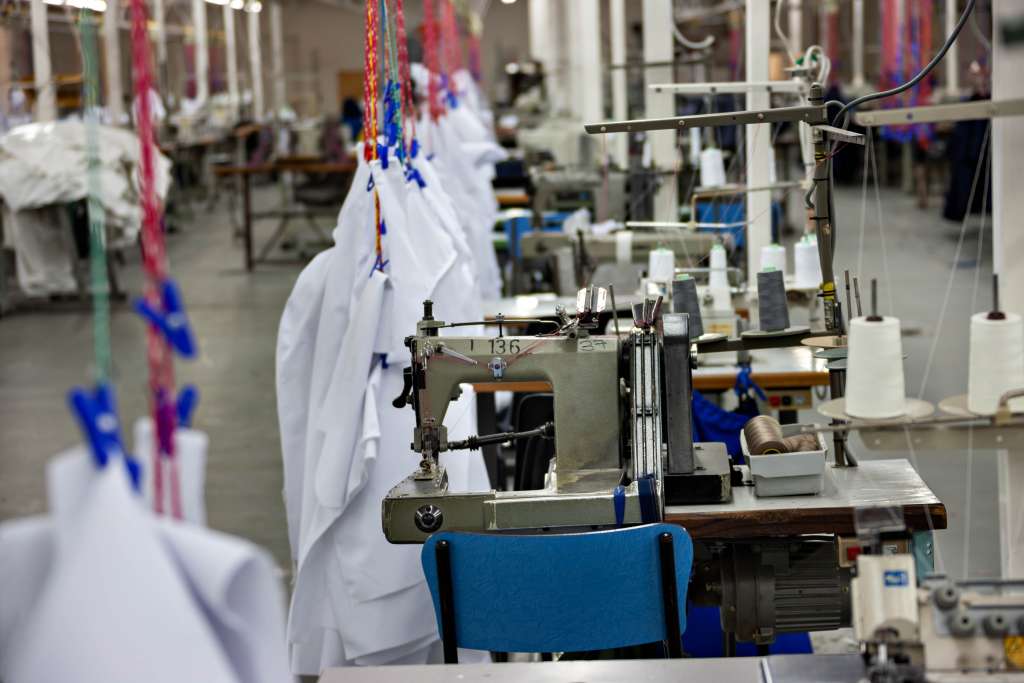
When it comes to being among the largest economies in the world, the Netherlands ranks number 15 in 2022. The nation’s stable industrial relations, low rates of unemployment, a sizable current account surplus, and its role as a European transport hub are to thank.
9 - Spain
The Spanish are known for their love of fashion. Hence, it’s no surprise that Spain is a major textile exporter. In 2020, it contributed 2.01% to global textile exports. To add to this, Spain is also a major textile importer.
In addition to textiles, the country is now known for manufacturing textile machinery. Machines used for spinning and weaving cloth, dyeing, and finishing produced by Spanish brands are of great repute in the textile industry.
8 – The United States of America
The US ranks first among the largest world economies. The US has a thriving fashion business that attracts various industry stakeholders from across the globe. The country is also home to New York, a global fashion hub.
The coveted Fashion Institute of Technology (FIT) – an institution that Calvin Klein, David Chu, Michael Kors, Carolina Herrera, and the like attended – is also in the US. According to OEC’s survey, the US ranked number eight on the exports list in 2020, contributing 2.86% to the overall export amount.
7 – Turkey
Turkey retained its spot as a major textile economy from 2018 to 2020, with a 3.69% market share in overall exports. Turkey is known for its 100% Turkish cotton along with its velvets and silks.
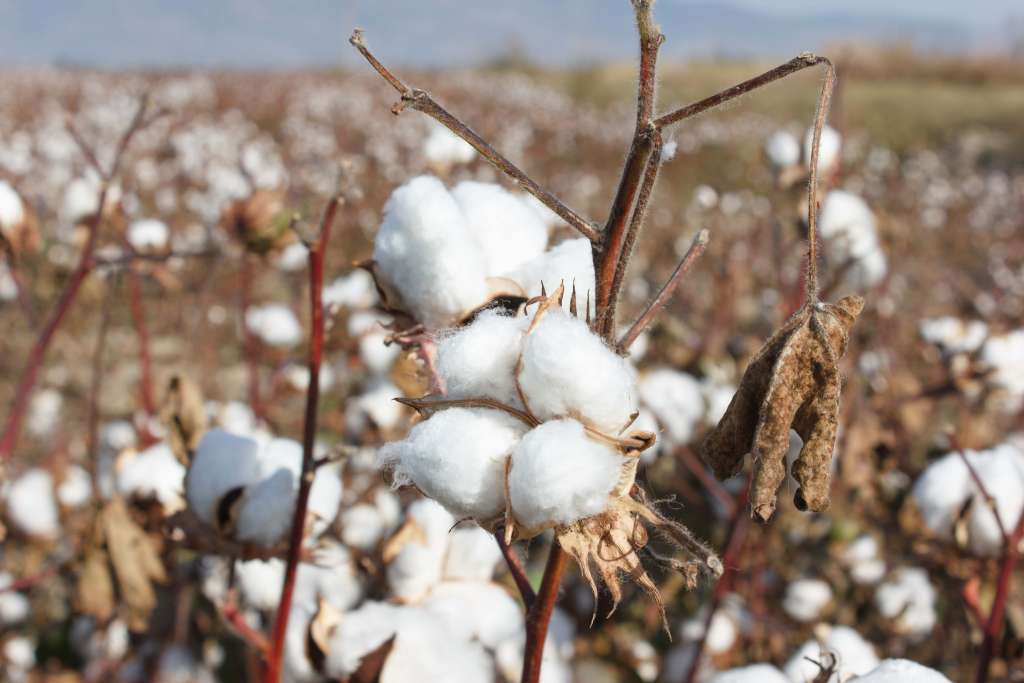
In 2021, the Turkish textile industry was the 5th largest textile exporter, with a record high of $12.9 billion in export value. The country exported more textiles to the US and the EU that year.
6 – Italy
Italy is one of the largest economies in the world and home to Milan, another major global fashion hub. The European country is renowned for high-quality artisanship, sharp tailoring, and luxury designs.
Manufacturing and exporting fashion products are central to the country’s economy, with cotton, linen, silk, and wool being the main exports. Italy contributed 3.72% to global textile exports in 2020.
5 – India
The Indian textile industry is famed for its variety and quality. India is renowned for its textile trade, with Indian cotton and silk as key players.

The textile industry in India is one of the world’s largest. India is a leading global manufacturer and exporter of raw cotton, jute, and ready-made garments. It contributed 3.84% to global textile exports in 2020.
4 – Germany
Germany is one of the largest economies in the world anda major exporter of cotton yarn, garments made with man-made fibers, knitted fabrics, and synthetic yarn. Germany exported 4.63% of its textiles in 2020, generating $35.9 billion. According to a Statista report, in 2021, Germany exported textiles and clothes worth €35.4 billion and imported products worth €49.8 billion.
3 – Bangladesh
Bangladesh’s textile exports contributed 4.82% to global textile exports in 2020. The country often ranks high on these lists. With competitive textile costs, Bangladesh is home to the manufacturing units of major clothing brands like H&M, Primark, Zara, and many more. Bangladesh exports knit or crotchet fabric, accessories, paper yarn, and more.
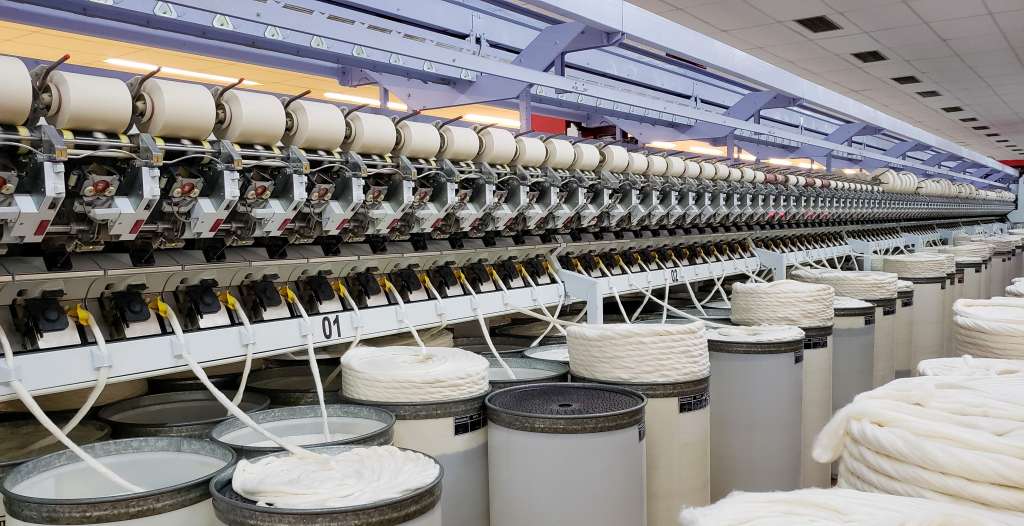
2 – Vietnam
Besides its culture, food, and beaches, Vietnam is also famed as the second biggest textile exporter worldwide. It contributed 5.03% to global textile exports in 2020. In 2021, Vietnam’s textile and garment exports earned $32.750 billion, and its yarn exports earned $5.609 billion.
According to the Vietnam Textile and Apparel Association (VITAS), the country aims to earn $43 billion from its textiles, garments, and yarn exports.
1 - China
China ranks second among the largest economies in the world. Their textile exports contributed a massive 35.6% to global textile exports in 2020.
China was the only country with a two-digit percentage contribution to global textile exports in 2020. Here are some reasons why China leads the list of major textile exporters:
- Cost-effective raw materials – raw materials, especially cotton and other textiles, are cheap and easy to acquire in China.
- Competitive labor costs – in China, labor is both abundant and cheap, which can lower manufacturing costs.
- VAT – China uses VAT or value-added tax, making it easier to export goods than import them.
- Currency manipulation- China undervalues its currency, which makes Chinese export products cheaper than those of any American competitor.
While these countries rank the highest among textile exporters, the list is a dynamic one. As global markets evolve and create a more sustainable business environment, we could see other nations on this list.
Key Takeaways
- The top three exporters of textiles in 2020 were China, Vietnam, and Bangladesh.
- China tops the charts with a 35.6% share in global textile sales in 2020.

For fashion brands looking to launch a collection, Fashinza is a one-stop solution. From designing to connecting you with suppliers—we cover all your needs. Our AI-driven platform uses real-time tracking for each order, from placement to shipment. Contact us today to know more!



















